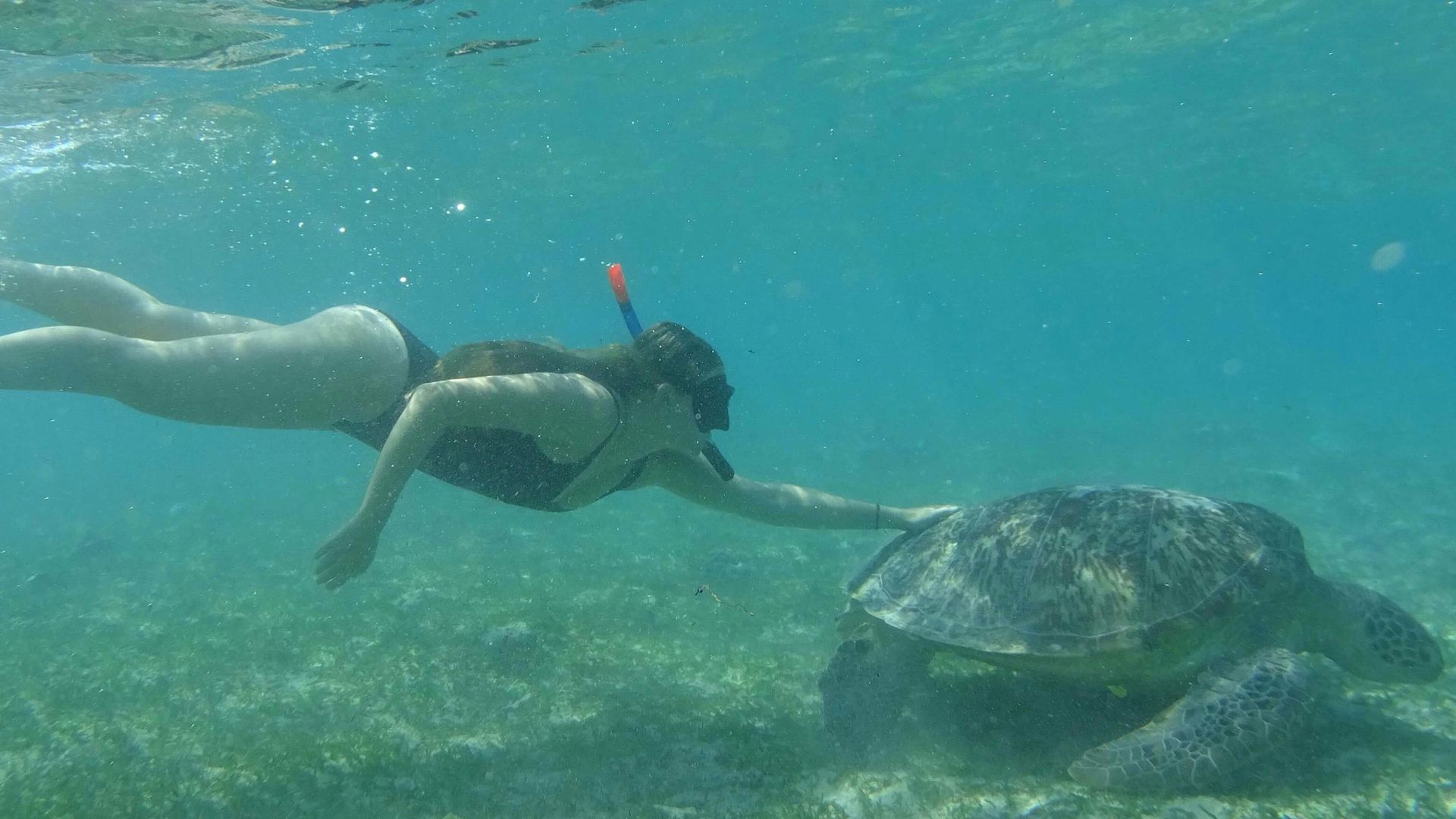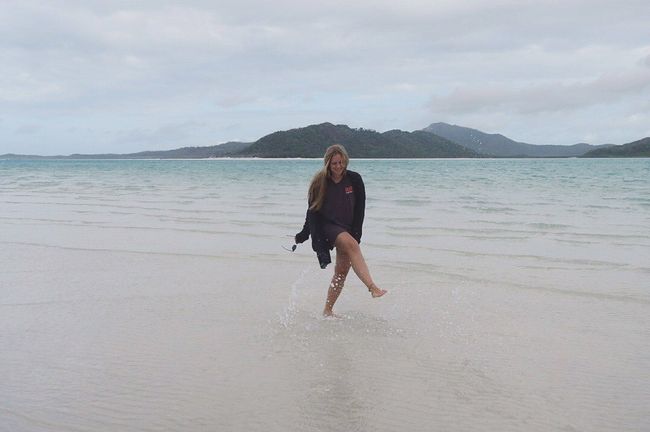Grampians National Park
Foillsichte: 28.01.2018
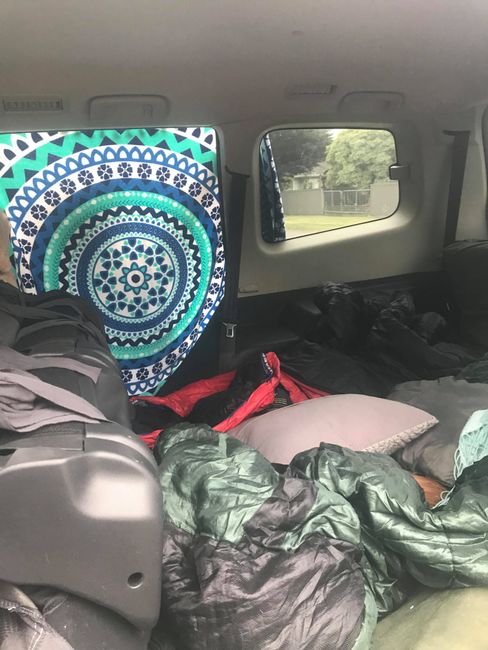
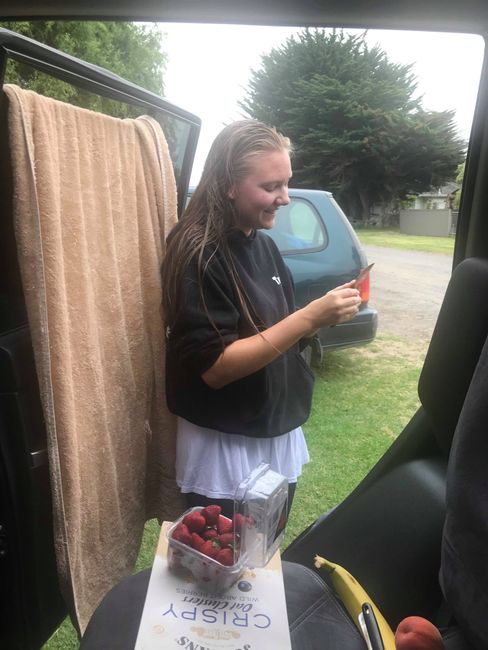

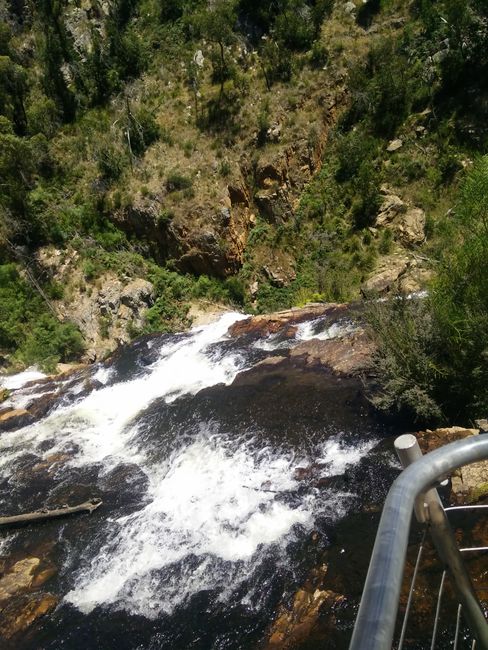
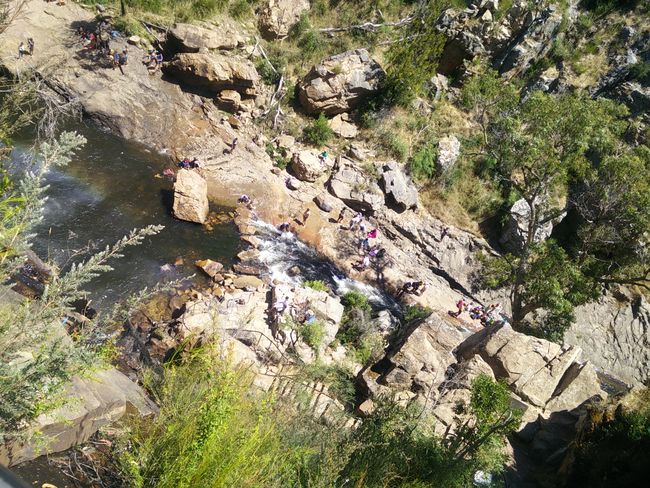
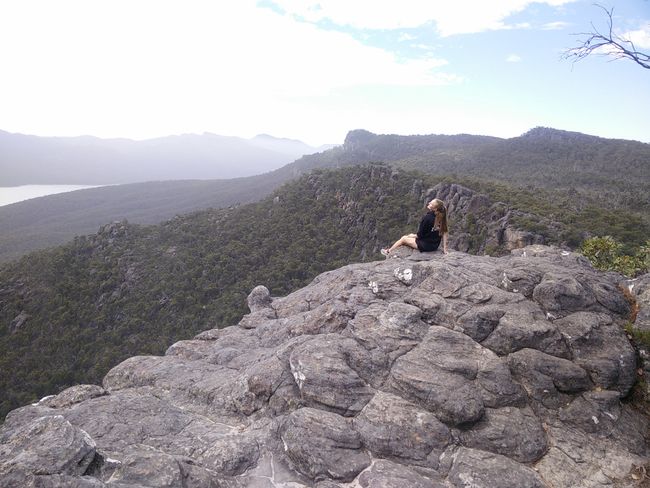
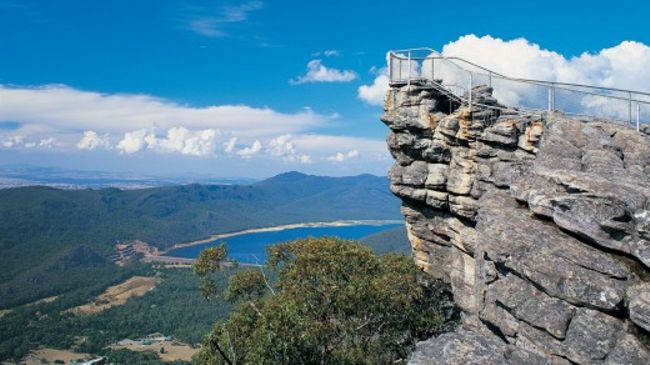
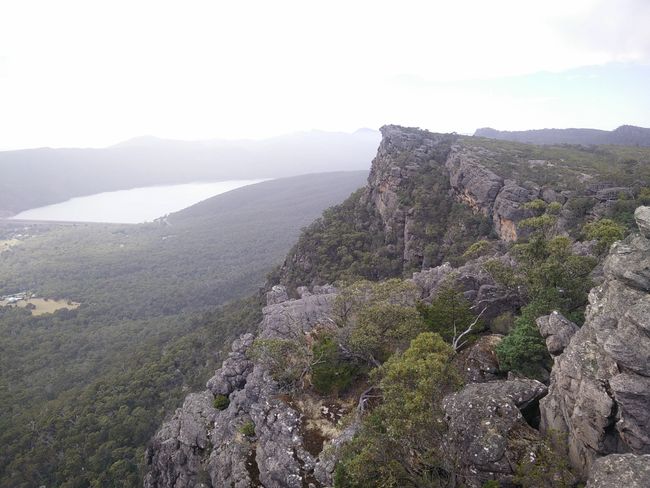
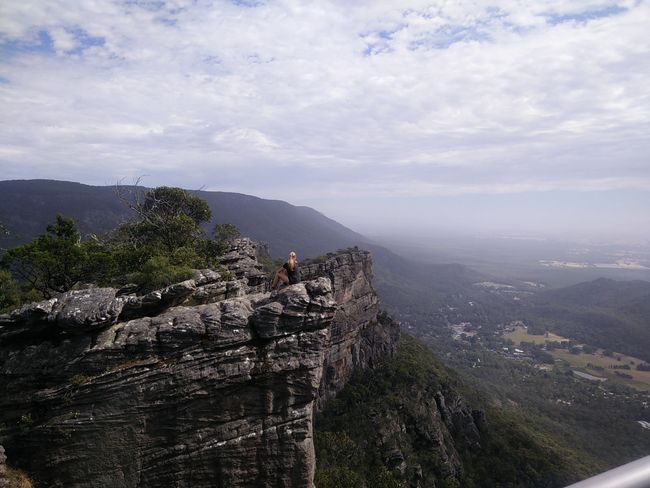
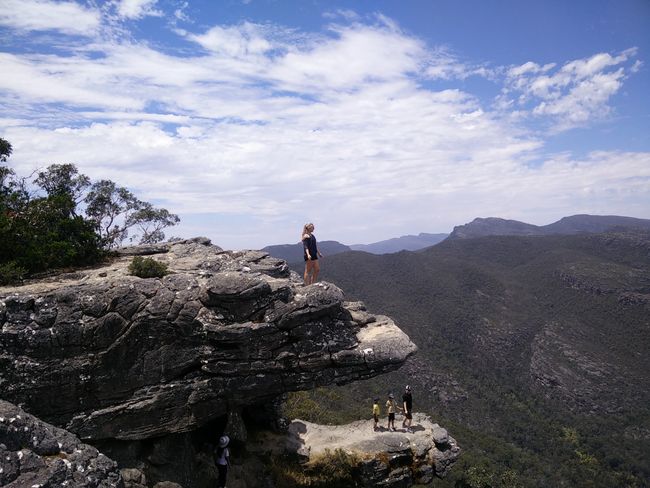
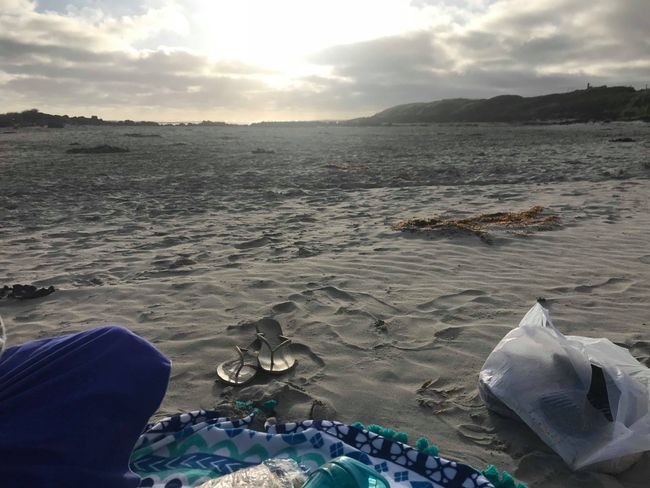

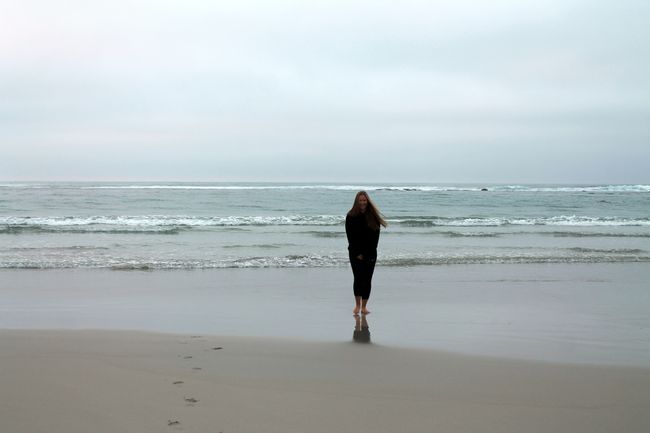

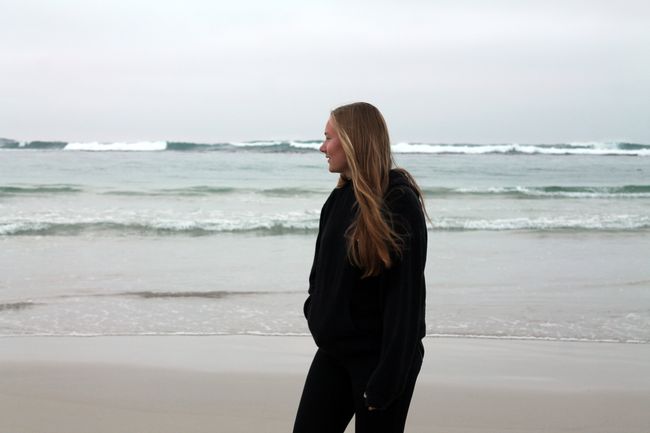
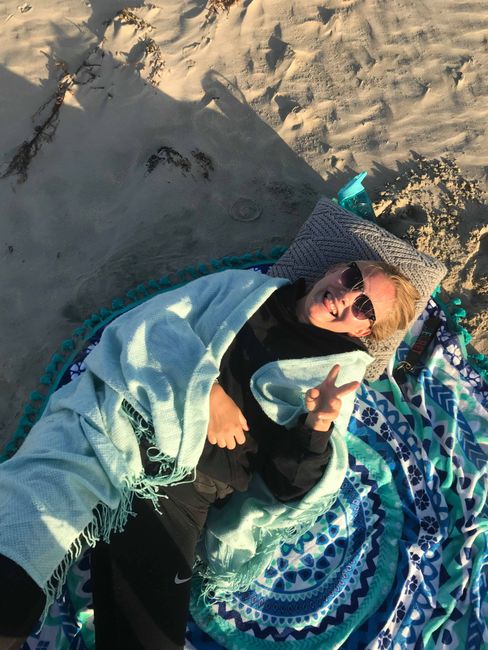
Subscribe to Newsletter
This month I had the opportunity to explore the Grampians National Park on two weekends. On the first weekend of January, I went on a weekend trip to the endless mountains and stayed in a beautiful Air B&B. I was lucky that my host family let me use their car, so I could drive the 250km from Melbourne with three other au pairs. Last weekend, I used the family car again to visit the Great Ocean Road and the Grampians with four backpacker friends from Germany. Three of us had already booked a hostel for two nights, and one of the girls and I decided to spend the nights in the car as it is spacious enough for two people.
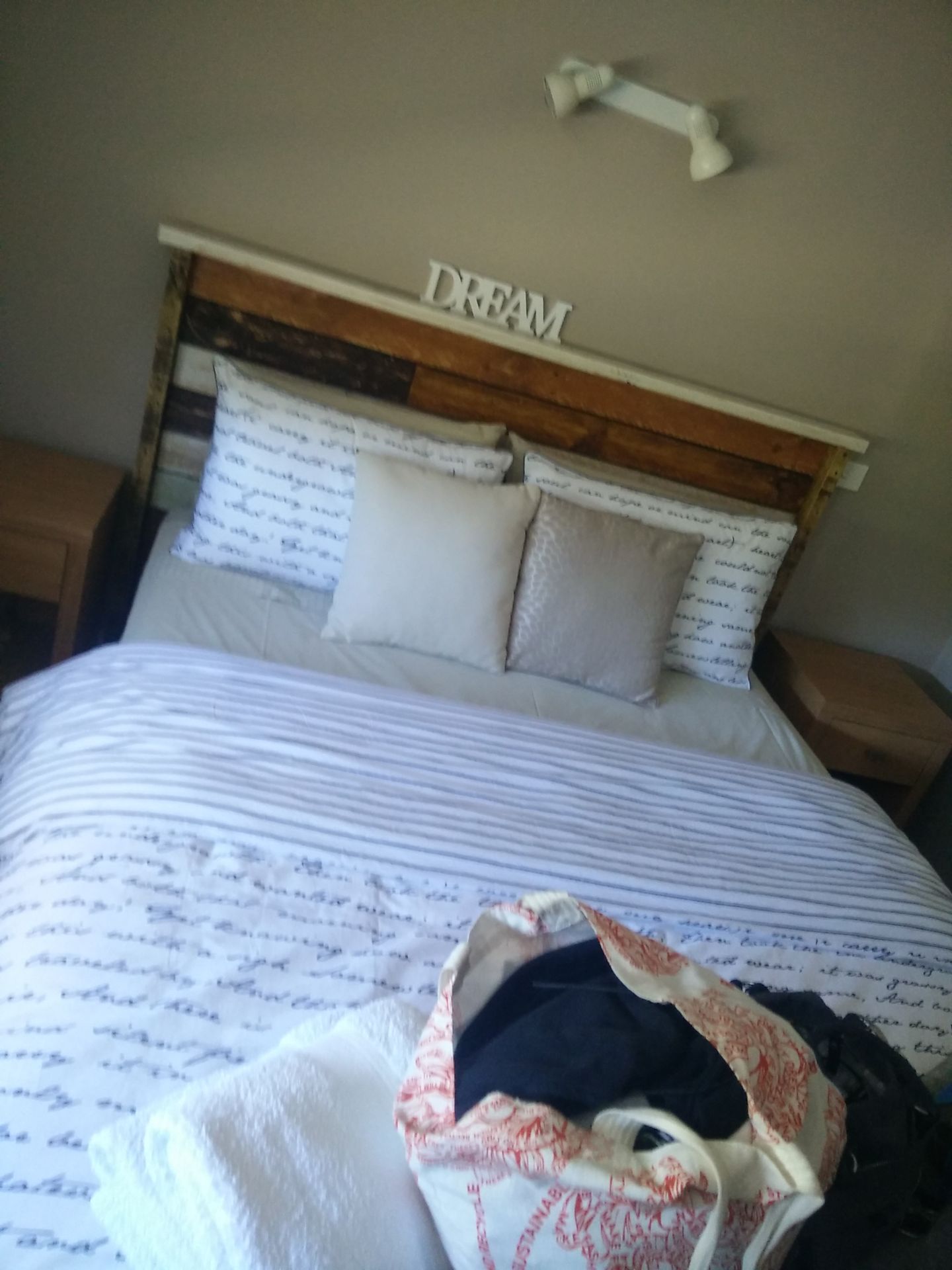
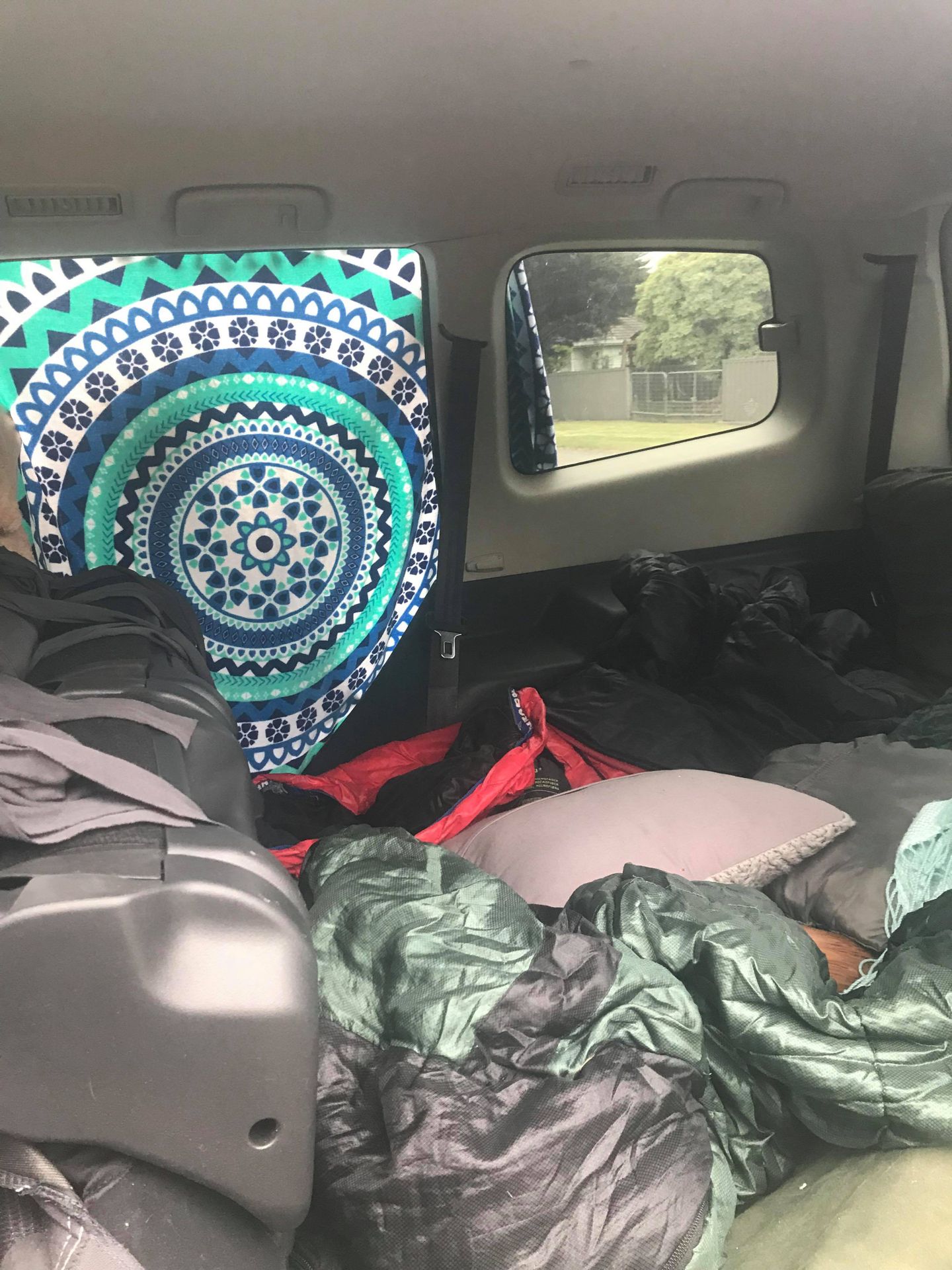
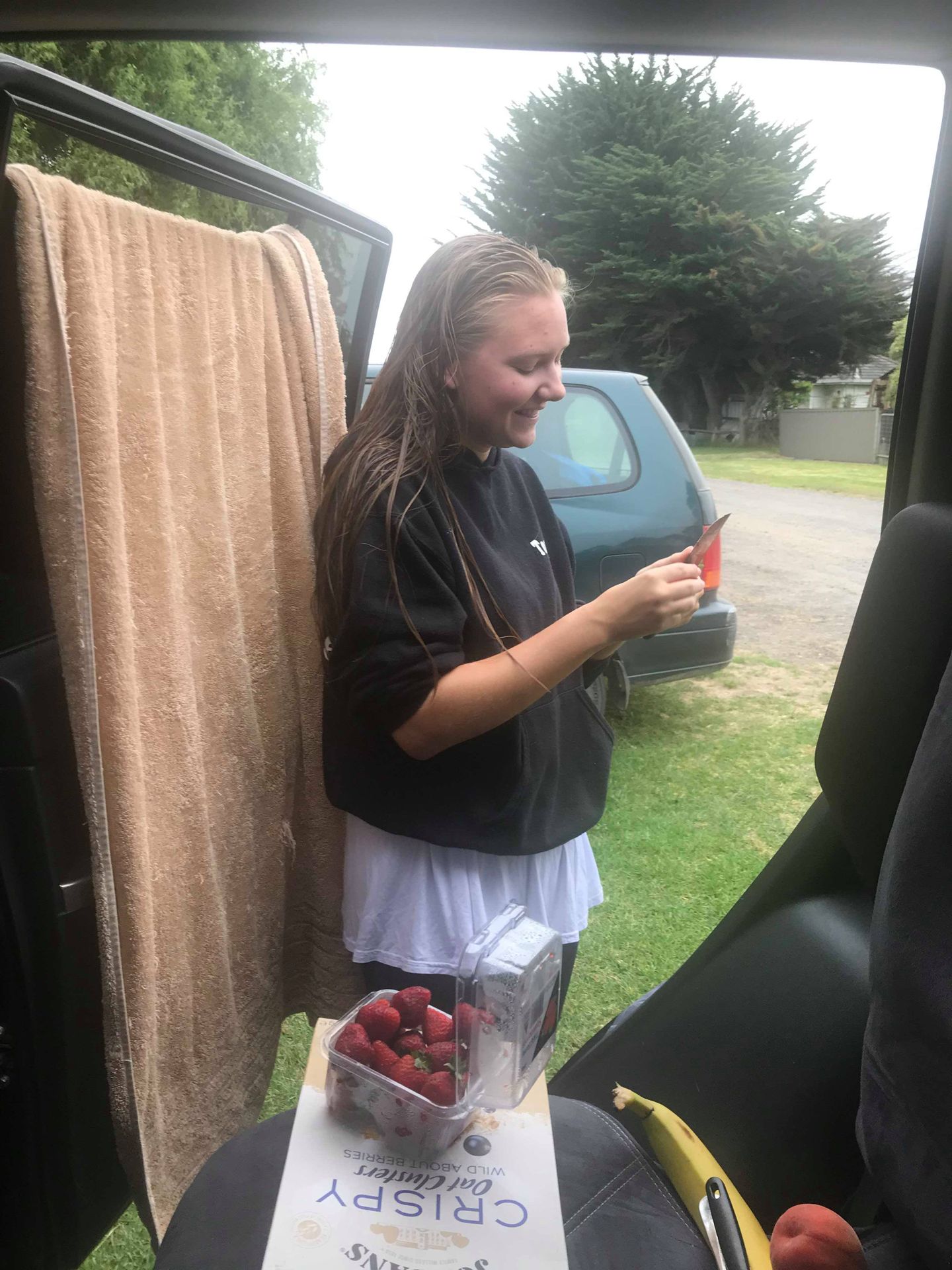
It was the first time I could use the car for several days, and I was a bit nervous about the long drive since I am the only one insured to drive it. But both trips went well and without any accidents, although I was really tired afterwards.
The Grampians National Park was discovered in 1836 and named after the Grampian Mountains in Scotland. It stretches over approximately 1670.00 km², with the highest peak reaching 1167 meters. The sandstone formation is a result of marine deposits and volcanic activity, which caused the rocks to tilt and created numerous fault lines. These formations date back to around 400 million years ago. The mountains have been inhabited by the Aborigines (Indigenous Australians) for at least 22,000 years due to the abundant water, food, and caves. Exploring the various hiking trails, one can admire up to 900 different plant species and possibly spot one of the 35 mammal species.
More information and a map can be found here: https://www.visitgrampians.com.au/
Our personal exploration tour first took us to the McKenzie Falls, one of the largest waterfalls in the state of Victoria. The water cascades from the cliffs onto flat rocks, forming a pool. On the day we visited the waterfalls, the thermometer showed almost 40°C, so we took the opportunity to go swimming in the pools. Unfortunately, the high temperature made the hike through the sometimes very steep mountains more challenging, and we had to take a few short breaks to prevent sunstroke and circulatory problems.

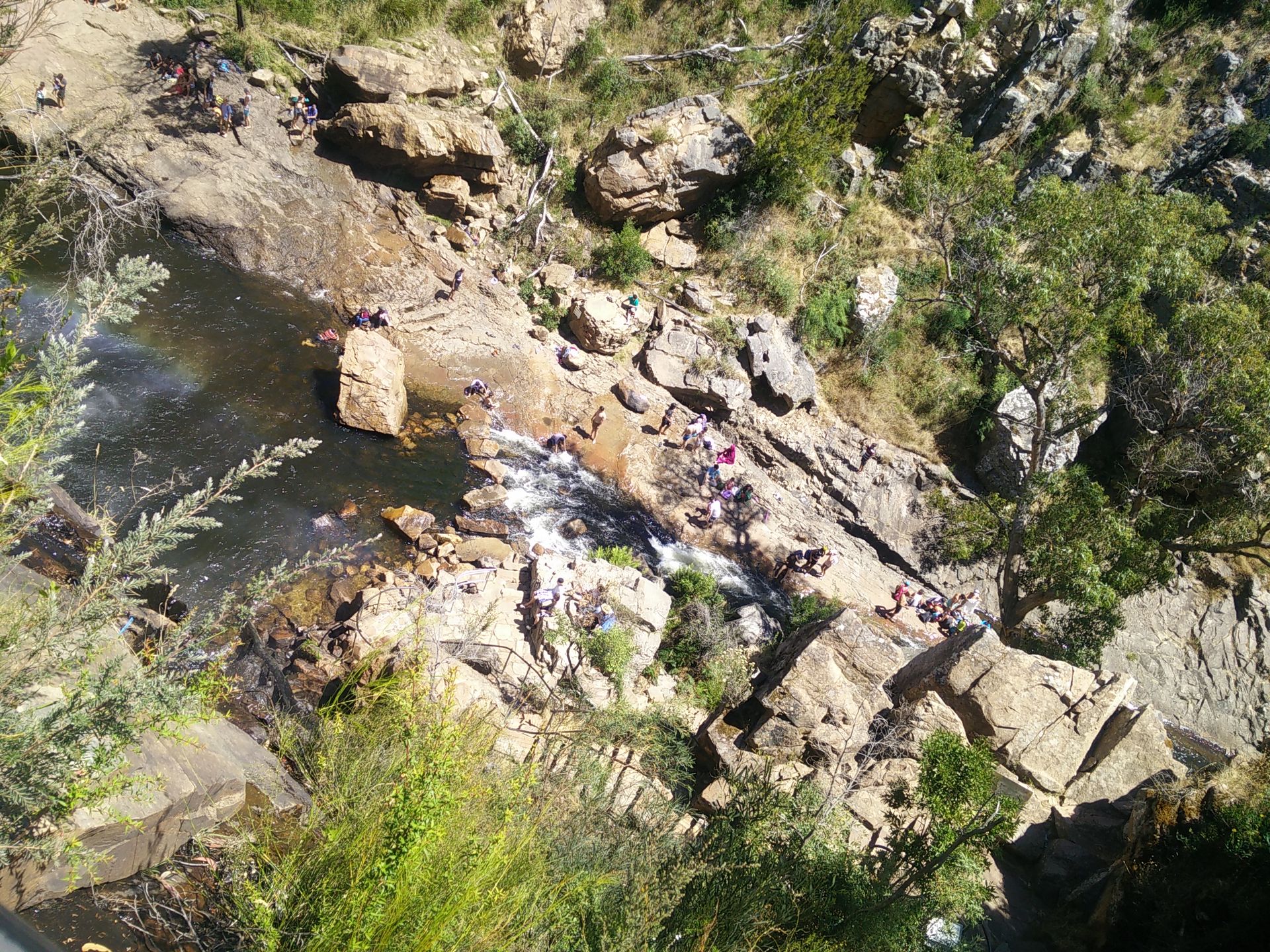
The Pinnacle is the most popular and probably most impressive spot in the Grampians. Many of the hiking trails lead to a lookout point where you can admire the breathtaking view of the national park and the nearby town of Halls Gap. To reach the viewing platform, you have to walk and climb at least 2.1 km (there is also a 5-hour hiking trail!).
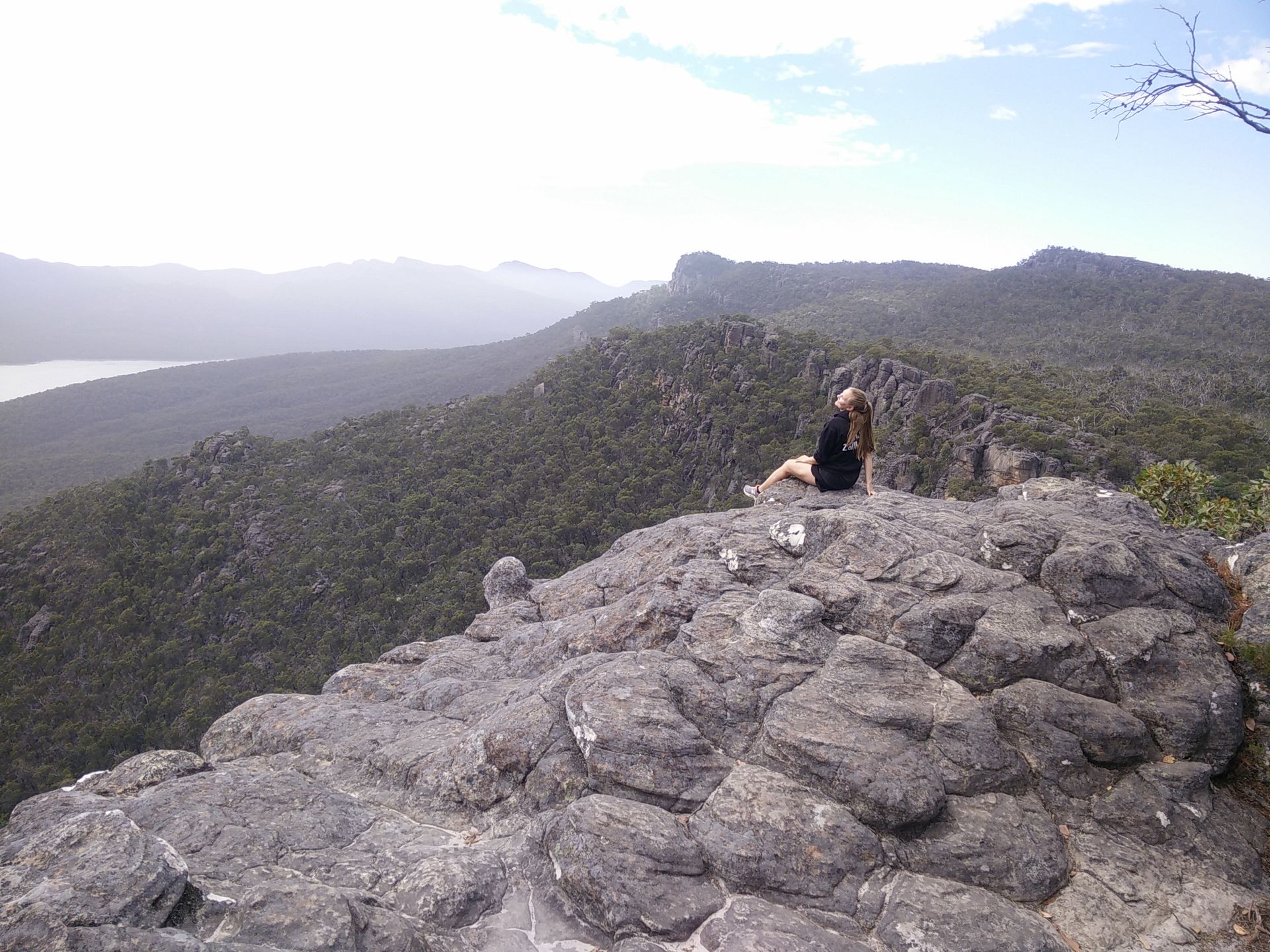
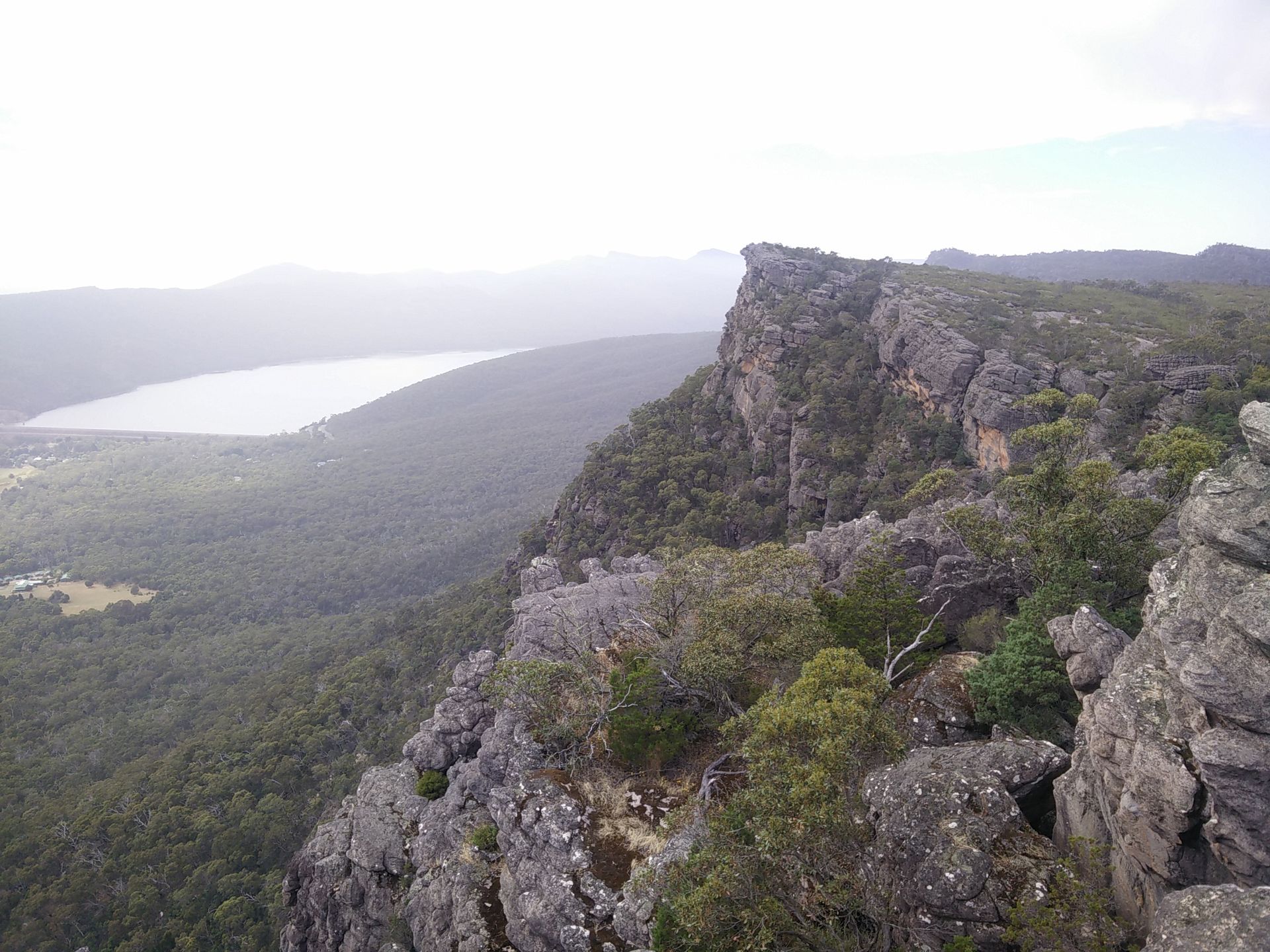
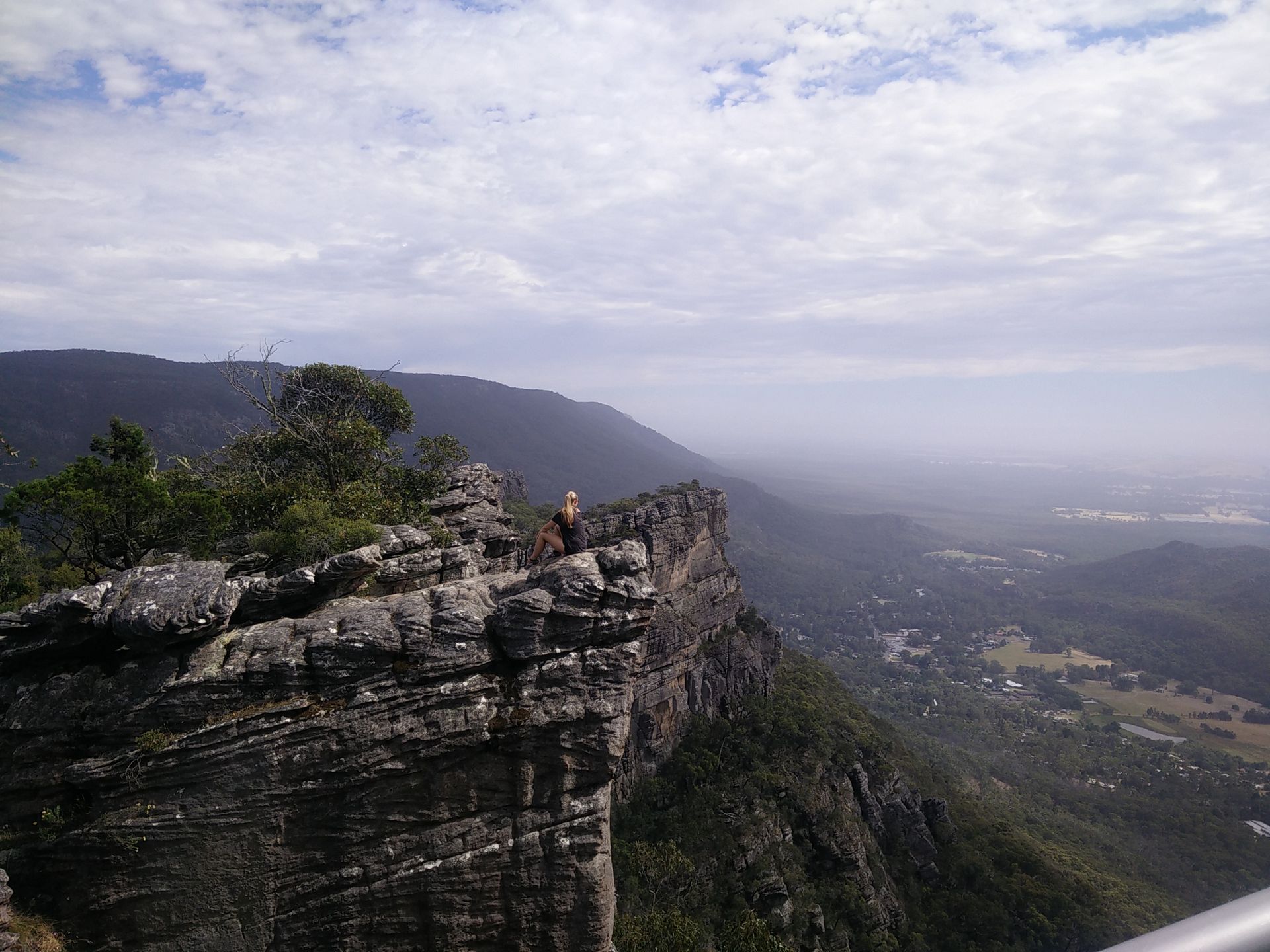
The final stop was Reeds Lookout and the Balconies, which is about a 2 km walk. From these viewpoints, you have an incredible view over the entire Victoria Valley. But the most impressive are the unusual rock formations, which are natural but often look man-made. Here, you can climb between the rocks and walk right to the edge of the cliffs, which can be quite a challenge for some!

Both trips were definitely worth it, and I'm glad I took on the challenging drive. On my first weekend trip, I got to know another au pair, and we had a lot of experiences to share. We were also very impressed with our beautiful Air B&B and once again experienced the hospitality of Australians. The second trip with my friends from Germany was more exhausting due to the longer drive along the Great Ocean Road (a total of 440 km) and sleeping in the car, but I was so happy to do something with friends from home again! Since I have already written two posts about the Great Ocean Road, I won't write a separate one for these days, as many of the spots would be repetitive in the pictures. So I'll just post some of the pictures below this Grampians blog post :)
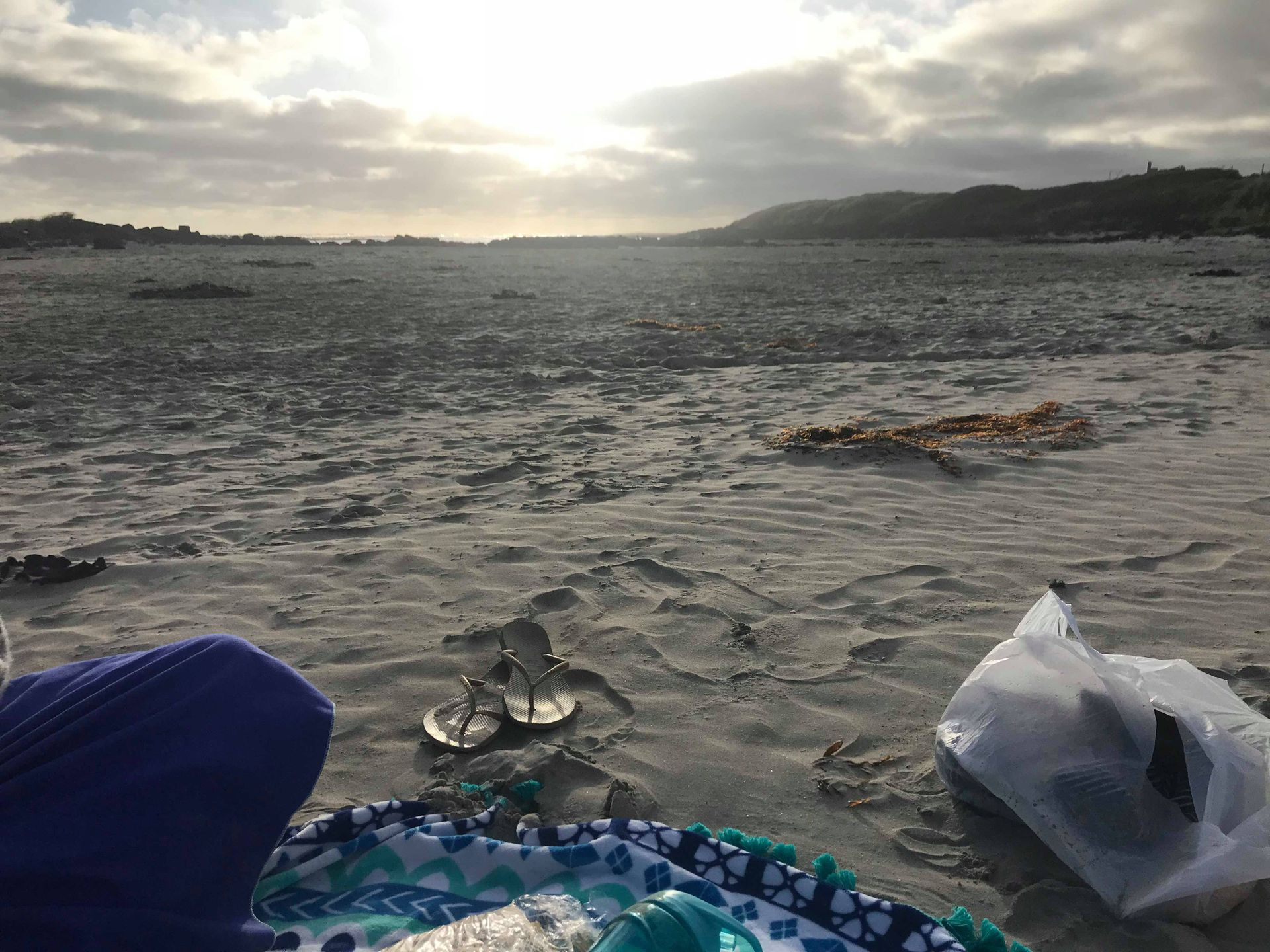
Beach picnic on Australia Day

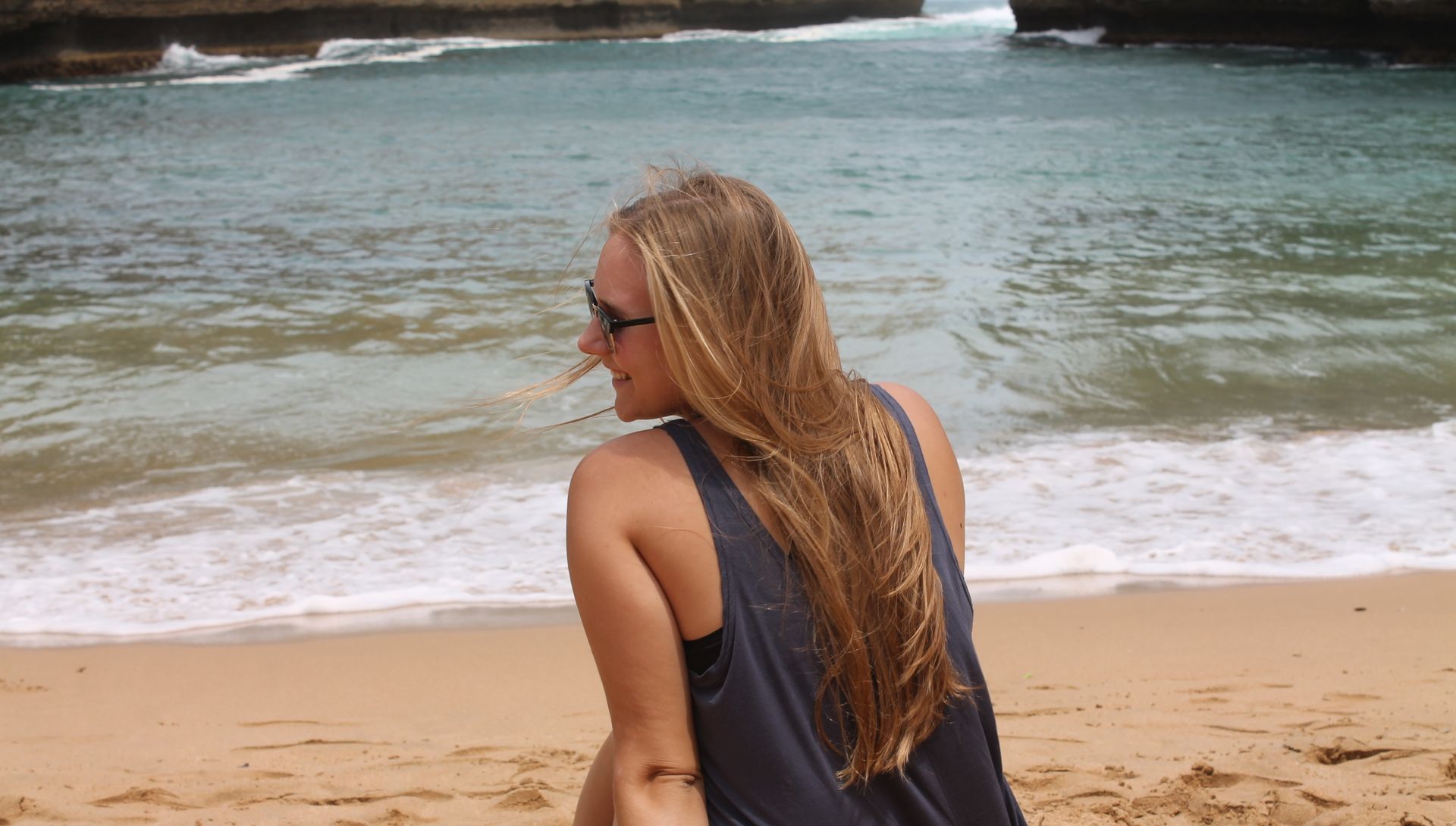
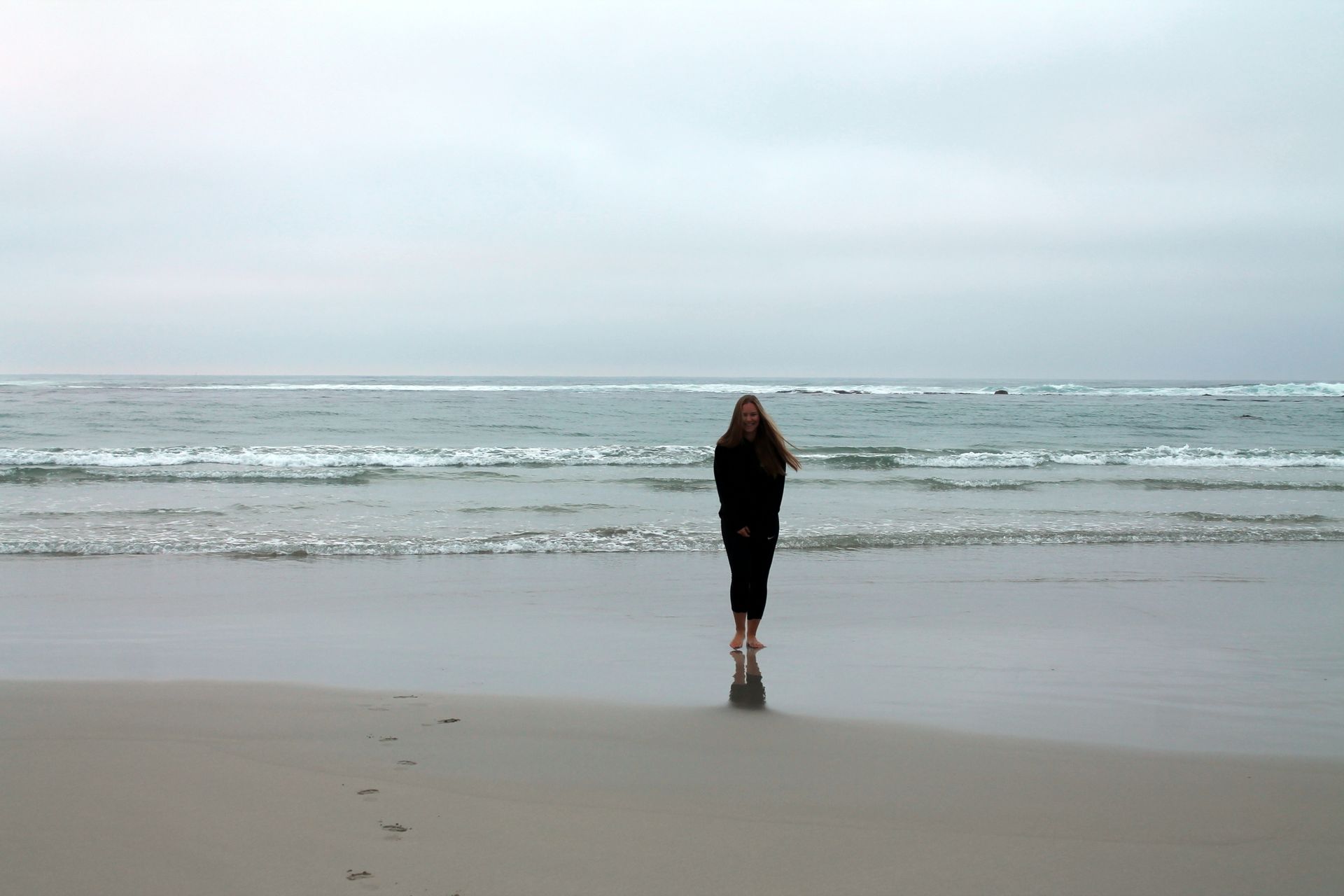

Subscribe to Newsletter
Freagairt
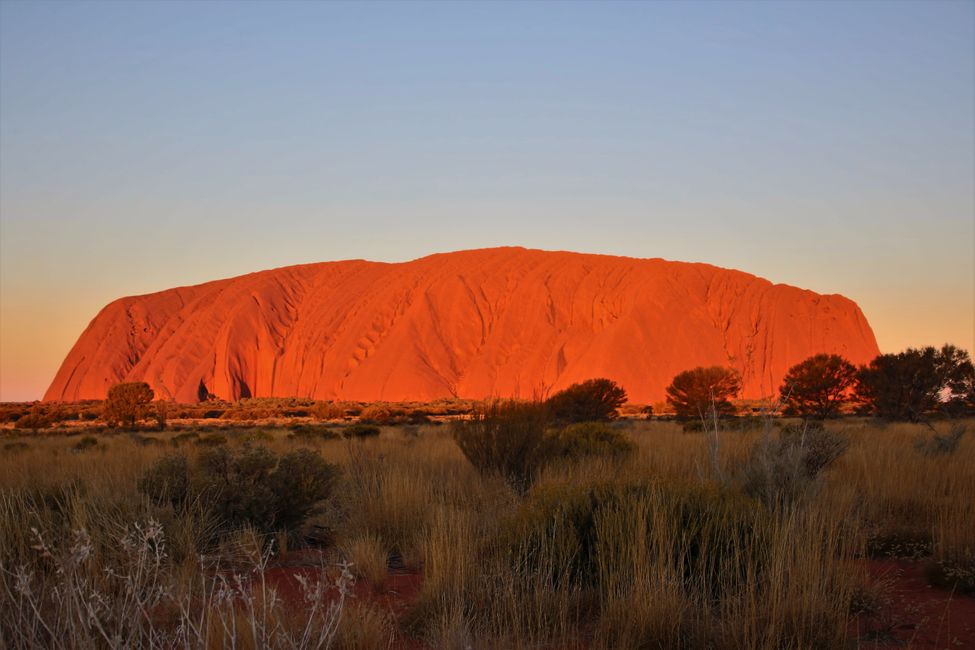
Aithisgean siubhail Astràilia
